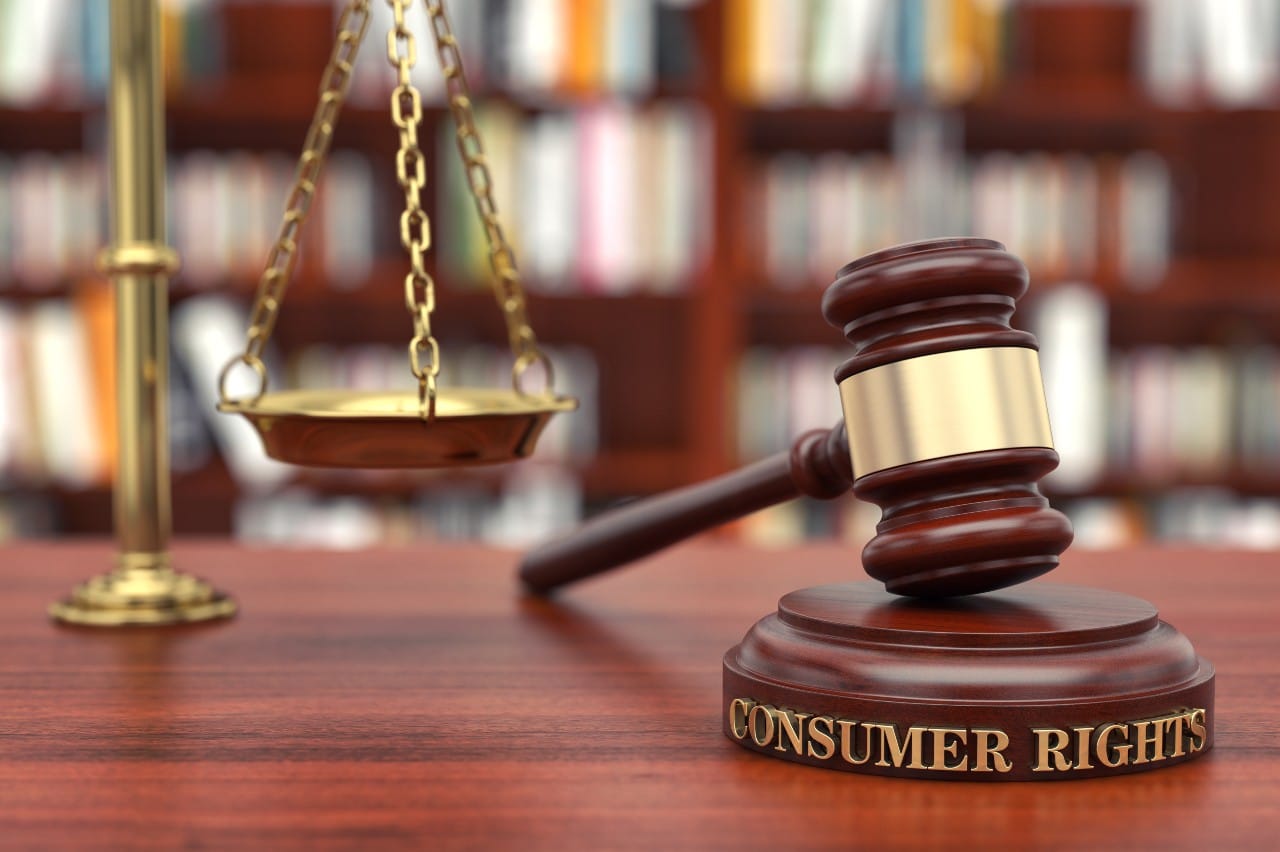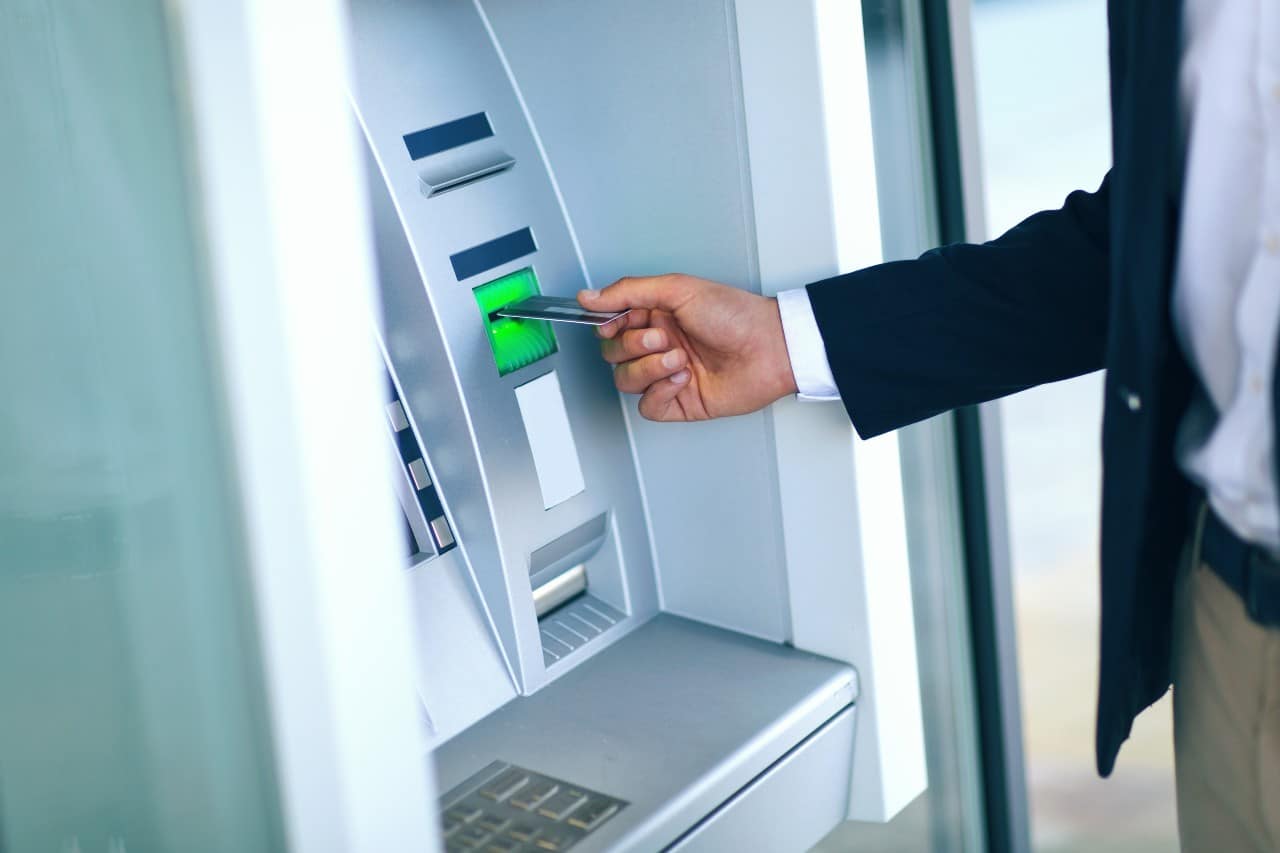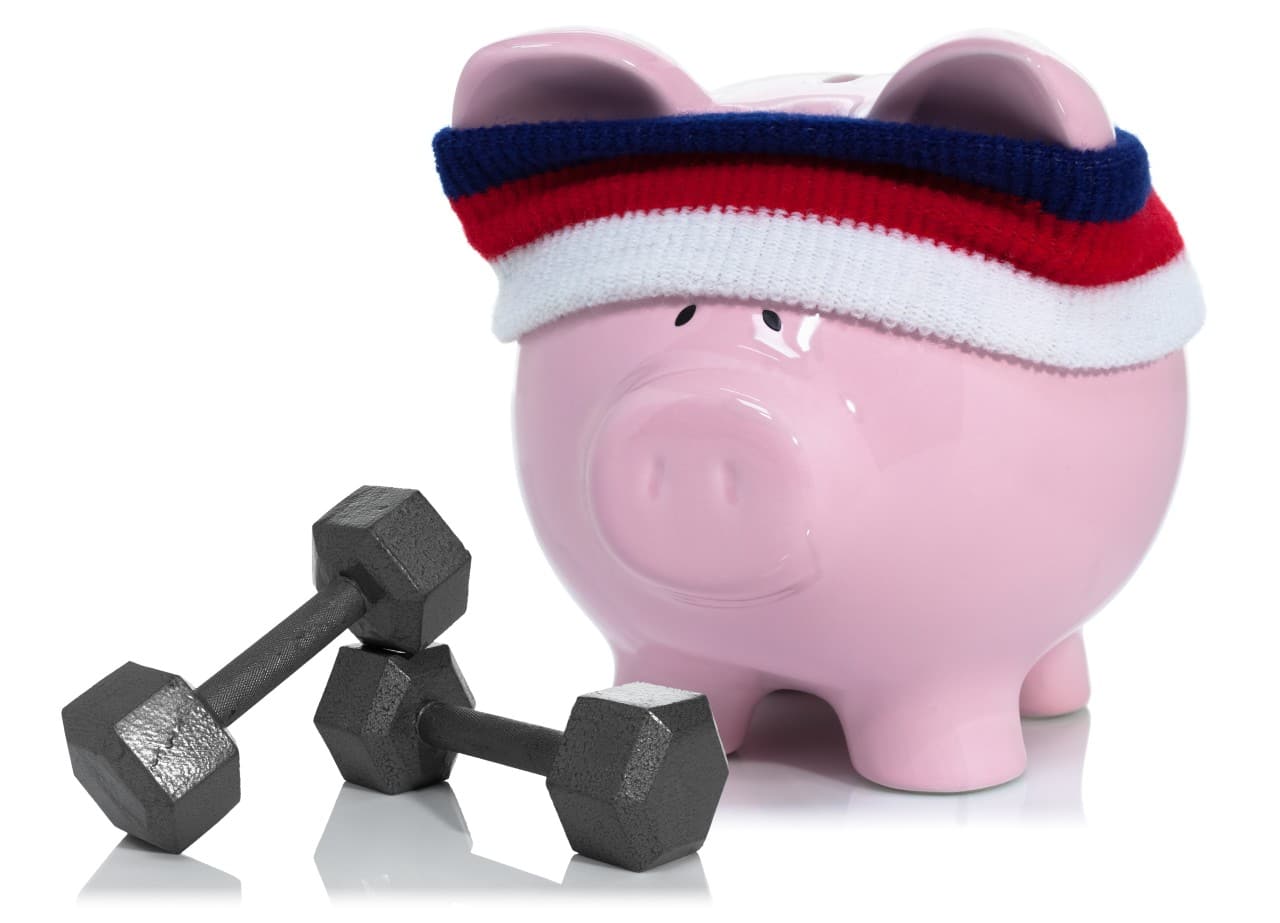Canadians are dealing with cost of living increases and high rates of inflation. It is no surprise that people are turning to credit cards to help cover life expenses. Over 31 million Canadians (89%) have a credit card. Equifax reported an average monthly spend of over $2,300 per cardholder. TransUnion found that Canadians were carrying an average credit card balance of $4,265 in the 3rd quarter of 2023. This is a noticeable difference from an average balance of $4,185 in Q2 and $3,909 in Q1. There’s no doubt, credit cards are an integral part of the monthly budget for many. That’s why it’s important Canadians know what consumer protection is in place when it comes to credit cards.
How does credit card debt work?
A credit card offers unsecured credit for you to borrow. Unsecured means that there is no collateral associated with it, and they cannot seize any of your assets for any repayment issues.
When you get a credit card, you will be given a credit limit. That credit limit is the maximum amount you can borrow from the credit card company at a time. Credit cards work on what’s called “revolving” credit. With revolving credit, once you pay back a certain amount, that amount becomes available to you to borrow again.
If you do not pay off your credit card in full every month, you will have to pay interest on the funds you have borrowed and not paid back yet.
FCAC and consumer protection
Consumer protection laws in relation to financial products and services are regulated by the Financial Consumer Agency of Canada. The federal agency also supervises all federally regulated financial entities like banks. Their aim is to strengthen the financial literacy of Canadians.
Your rights when you get a credit card
When you apply for a credit card, you are creating a new agreement with the credit card issuer. Certain rights and responsibilities kick in automatically for both parties, as long as your credit card issuer is a federally regulated institution.
For example, you need to consent before they can give you a credit card. If you consent verbally, they must promptly provide confirmation to you in writing. Anytime you receive a credit card that you did not consent to, you must contact the financial institution that sent it to you. If you don’t see a resolution from them, you should contact the FCAC for information and next steps.
As this is a heavily regulated industry, there are many other rights involved, like:
Right to Information when you get a credit card
Federally regulated credit card issuers have to provide you with information about the key features of the credit card. It should be prominently displayed in an information box, either at the beginning of the application form itself or on a separate document accompanying it.
Consumer protection laws require that it include information about the card’s interest rates, and any other charges or fees, like annual fees. If you’re not sure about any of the terms mentioned, ask for clarification. Before you sign, ask any questions you may have about the card, charges, terms, etc., as by signing you agree to all the terms and conditions.
Right to add-ons
For any optional add-ons like balance insurance, federally regulated credit card issuers need to ask you for permission and get your express consent. This also applies to issuers offering to raise your credit limit, you must once again provide consent. If you consent verbally, they must provide written confirmation of the change to you.
In case there are any changes to the agreement that governs the features and terms of your card, the issuer must provide the details in writing to you, at least 30 days before the changes are due to take effect.
Right to electronic alerts
By law, your financial institution must send you electronic alerts if:
- your checking or savings account balance falls below $100
- your available credit on a credit card or line of credit (LOC) falls below $100
By default, notification settings are set to $100, but you can ask your financial institution to change it to whatever amount you prefer to be notified about.
The alerts must specify:
- That your balance/available credit has fallen below the threshold amount
- Any charges or penalties apply due to this
- Whether these charges apply to current or future transactions
- What you can do to avoid these charges or penalties, and the deadline for this activity
Rights as a joint borrower on credit card
As a joint borrower or co-borrower, you have certain rights and responsibilities. If you co-sign for a credit card with someone, you have equal access to the account, the right to receive all the statement balances, and are equally responsible for paying the balance, irrespective of who made the charges.
Know your rights – not just to improve your financial literacy, but also to protect yourself legally.
Protection from unauthorized transactions
When a credit card is lost or stolen, or if you’re the victim of identity theft, your information can be misused to make these unauthorized transactions.
If this happens, the first thing to do is change your passwords and notify your financial institution. Report any and all transactions that show up that you didn’t personally make. You need to report the transaction within a duration specified by your bank. For most institutions in Canada, this duration is 30 days. Additionally, check your credit report for unauthorized applications for more credit.
FCAC consumer protection laws
If an unauthorized transaction occurs on your account, your maximum liability cannot be more than $50, by law. Your credit card agreement must outline this information clearly. The Financial Consumer Agency of Canada (FCAC) covers this as part of its commitment to protecting Canadian financial consumers.
Protect your personal information
Be vigilant when it comes to protecting your personally identifiable information, including your banking and credit card information. Here are some ways you can ensure your personal information remains private and protected:
- Keep your PIN private, and do not share this information with anyone. Your bank will never contact you asking for your PIN.
- Be careful about computer logins that save your information. Try to log in to banking and purchasing services from trusted computers. If you need to use a public computer, always remember to log out.
- Avoid making financial transactions on an unprotected or unknown wi-fi network. Public wifi services are usually on open networks, which means they are not secured. Hence, avoid financial transactions on such networks, as they are vulnerable to online attacks.
- Pay attention to your transactions and check your itemized bills regularly. Make sure you recognize all the charges, so you’re not being wrongly charged for items you didn’t purchase.
- Keep an eye on your credit report for unusual activity. You will be able to see if your information has been used to apply for credit without your knowledge.
What to do if your financial information is stolen
If you are the unfortunate victim of identity theft or credit card fraud, get all your documentation in order and contact your financial institution. Your bank may be able to monitor unusual transactions and block them. You can also contact the Canadian Anti-Fraud Centre (CFAC) to report fraud or cybercrime. They also have advice on what to do if you’re a victim of fraud.
Has credit card debt locked you into an endless stream of payments you can’t keep up with? We can help! Talk to one of our expert Credit Counsellors to find out about what debt relief option would be best for your specific situation.
Your responsibilities as a credit card holder
It’s important to remember that part of protecting your rights is also knowing your responsibilities and obligations as a cardholder.
As a cardholder, you are responsible for:
- Ensuring your card and account access is secure
- Recording your transactions and verifying it against the itemized bill you receive
- Securely carrying out online transactions on protected networks, if you choose to do your banking or make purchases on the internet
- Reporting unauthorized transactions to your card issuer as soon as you notice them
- Informing your credit card issuer in case your card has been lost or stole
Key takeaways
- Credit cards offer unsecured, revolving credit up to a specified credit limit. The Financial Consumer Agency of Canada protects credit cards offered by federally regulated banks and financial institutions.
- You have certain rights when you get a credit card, including the right to information, the right to electronic alerts, and rights as a joint borrower.
- Under FCAC consumer protection laws, your maximum liability for an unauthorized transaction on your account cannot be more than $50.
- You need to report unauthorized transactions to your bank promptly and keep an eye on your credit report for any new credit requests made in your name.
- Be careful about protecting your personal information. Keep your banking information private, do not share your PIN with anyone, and do financial transactions only on secured internet networks.
Frequently Asked Questions
Is my spouse responsible for my credit card debt?
No, your spouse is not responsible for your credit card debt if the card is solely in your name. If they are a joint borrower on a credit card with you, then they would be equally liable to pay the credit card debt, but not otherwise.
Can banks sue for credit card debt?
Yes, banks are able to sue for credit card debt in Canada. If you are unable to make your payments or work with them to set up payment arrangements, you may receive a lawsuit from collections. However, the good news is that is not their first choice, and they would much rather work with you to set up a payment plan that is suitable for both parties.
If negotiating with your bank or credit union doesn’t work, you can look to other debt-relief options, like debt management or credit counselling. Even if you aren’t able to make your payments, there are options like a consumer proposal. Showing willingness to work with creditors to pay off your debt improves your chances of avoiding legal action.
Can credit card debt take your house?
Unfortunately, yes, creditors are able to put a lien against your home, depending on whether they get approval from a court of law to do so. If they are approved, and you are unable to repay your debt, they could claim their share of proceeds from the sale of your home in order to pay off their dues.
They would much rather prefer to work out a payment plan with you than go through the trouble of going to court. If you are able to work out a repayment plan or go the debt consolidation route, you may be able to avoid the possibility of losing your home.










